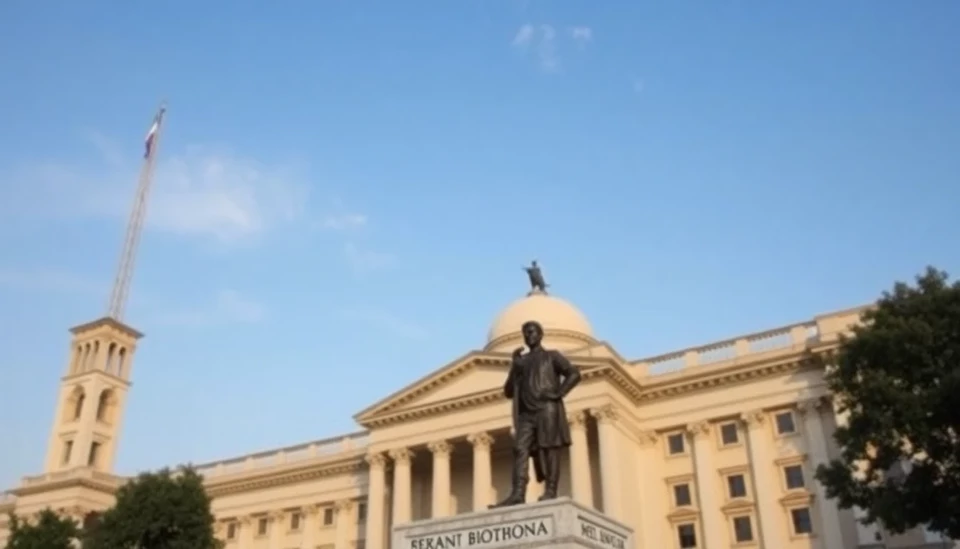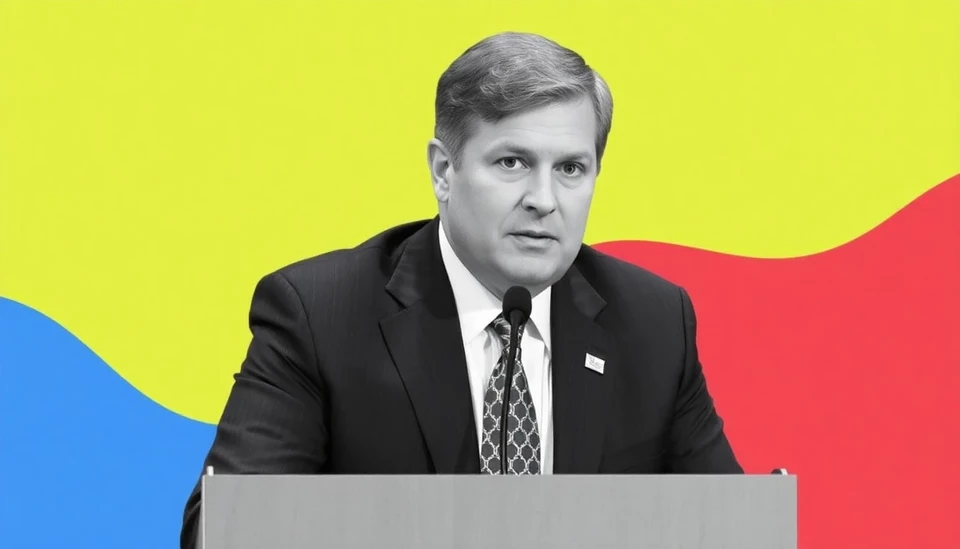
As Argentina braces for significant economic shifts under President Javier Milei, traders are increasingly betting on a weaker peso in anticipation of his impending agreement with the International Monetary Fund (IMF). The political landscape and economic policies championed by Milei are causing ripples through the financial markets, prompting speculation on the future value of the Argentine currency.
Milei, known for his radical free-market ideology and commitment to revamping Argentina's economic framework, is seeking a deal with the IMF that will have profound implications for the nation's monetary policy. Given Argentina's history of economic volatility and inflation, traders are closely watching the developments to gauge the petrol in the Argentine economy's engine.
The expectations of a devaluation are not just speculative; they stem from Milei's drive to stabilize the economy, which includes controversial measures that could tighten monetary policy and impact public spending. Analysts suggest that although these reforms may be necessary, they may also lead to an initial increase in inflation, leading to a further decline in the peso's value if not managed carefully.
Market responses have already indicated a downturn in confidence, with the peso recently settling near its weakest level in the last decade. In light of this, traders may adopt positions that capitalize on anticipated fluctuations as Milei navigates the complexities of negotiating a bailout package with the IMF.
Moreover, the stakes could not be higher—Argentina is facing a challenging economic environment characterized by soaring inflation rates and a faltering currency. With public sentiment already fragile, Milei's administration has the monumental task of restoring confidence among both domestic and international investors. The challenge lies in balancing fiscal discipline with the political realities of a populace that has faced years of economic hardship.
Investors are keenly observing any signs from the Milei administration regarding reforms and the directions they are likely to pursue. The uncertainty surrounding what the IMF deal will entail only adds to the pressure on the peso and reflects a broader skepticism in financial markets. As traders prepare for potential adjustments in policy and economic reframing, the fate of the Argentine currency hangs in the balance.
In the coming days and weeks, Argentina’s market dynamics will be tested as Milei engages with the IMF in negotiations. The outcome of these discussions will not only influence the short-term value of the peso but could also reshape the country's economic landscape for years to come. Analysts are urging caution as they interpret signals and strategize around the anticipated outcomes, emphasizing the volatile nature of the present economic climate.
As developments unfold, traders and analysts alike will continue to monitor the situation, looking for clarity and opportunities amid the uncertainty. The ramifications of Milei's IMF deal are poised to set a precedent for the future trajectory of Argentina's economy and currency.
In summary, as Javier Milei steers Argentina towards a crucial IMF agreement, traders find themselves at a crossroads, weighing their bets on a potentially weaker peso while keeping an eye on the broader economic implications. The coming weeks will be pivotal for the nation and its financial stability.
#Argentina #Peso #IMF #Milei #EconomicReform #CurrencyTrading #Inflation #MarketTrends #Finance #Investment
Author: Rachel Greene




